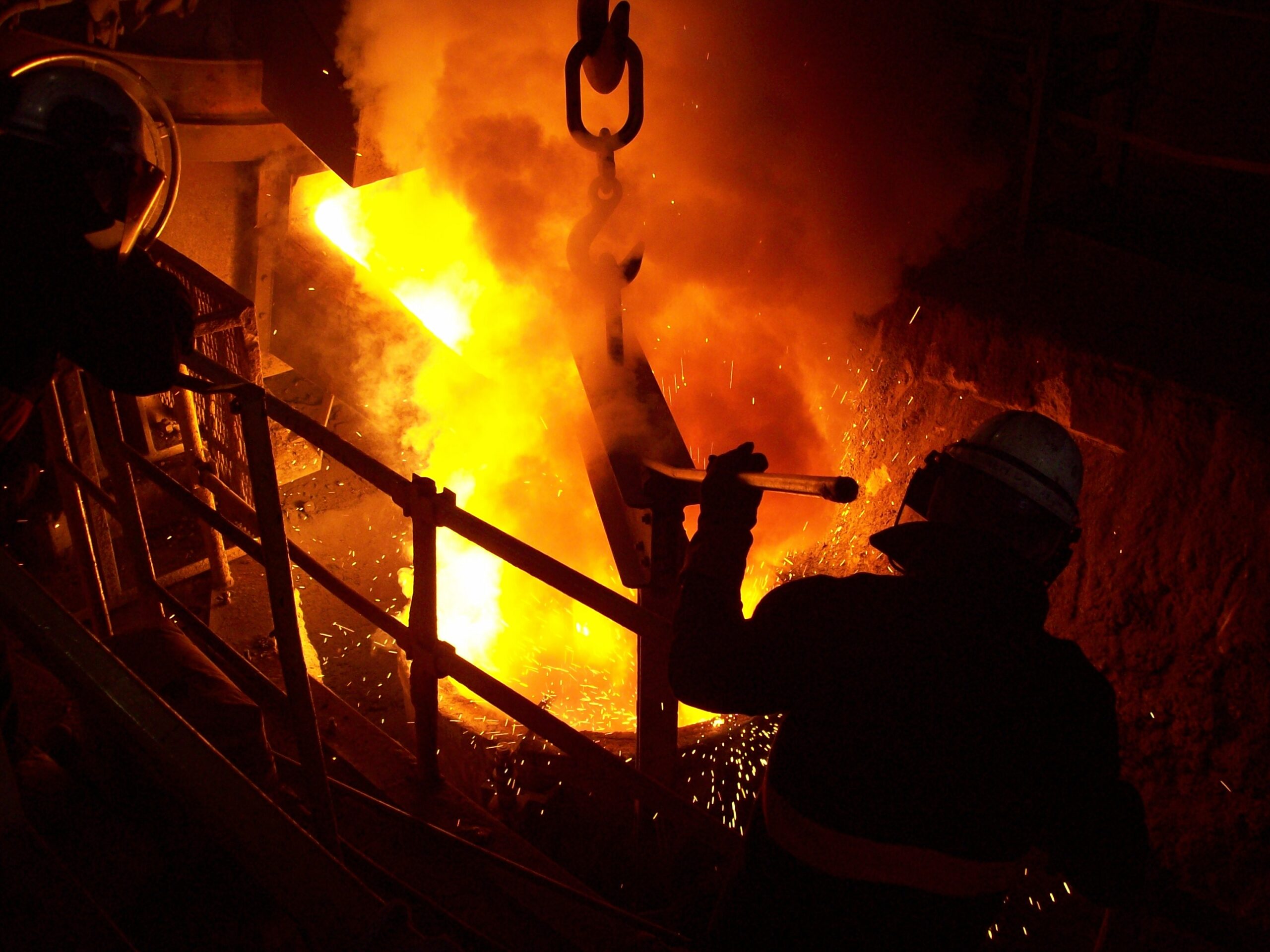
The European Union has announced plans to substantially increase tariffs on imported steel, a move that the UK’s steel industry has called “perhaps the biggest crisis” it has ever encountered. The European Commission has outlined proposals to cut the amount of steel that can be imported into the bloc by half, beyond which a punishing 50% tariff will be imposed.
Critical Threat to UK Exports
The EU is the single most important export destination for British steel, representing a market valued at nearly £3 billion and accounting for 78% of all steel products the UK manufactures for overseas markets. The Commission, under pressure from several member states whose domestic steel industries are struggling, is responding to what it calls “unfair competition” from cheap imports from countries like China and Turkey. The proposal seeks to reduce tariff-free quotas for imports to 18.3 million tonnes a year, which is a 47% reduction from 2024 levels.
Stéphane Séjourné, the European Commission’s executive vice president for prosperity and industrial strategy, justified the measure by stating, “We have global over capacity, unfair competition, state aid, and undercutting in prices and we are reacting to that.” He added, “Eighteen thousand jobs were lost in the steel sector in 2024. That’s too many, and we had to put a stop to that.” The new measures are scheduled to come into force early next year, pending approval from a majority of EU member states and the European Parliament.
The EU’s announcement lands as a second major blow to the UK steel industry, coming just after a proposed deal to eliminate tariffs on UK steel exports to the U.S. was put on hold indefinitely in September. Several British firms are already in dire financial straits; the government took control of Chinese-owned plants in Scunthorpe earlier this year, and last month saw Liberty Steel plants in Rotherham and Stocksbridge collapse into government control.
Speaking while traveling to India on Tuesday, the Prime Minister promised there would be “strong support” from the government for the British steel industry, which faces severe impact from the EU tariffs. He said, “I’ll be able to tell you more in due course, but we are in discussions as you’d expect,” though he declined to detail whether the UK was actively seeking exemptions from the new rules.
Industry Calls for Quota Negotiation
The Director General of UK Steel, Gareth Stace, responded urgently, stating the government “must go all out to leverage our trading relationship with the European Union to secure UK country quotas or potentially face disaster.” Stace cautioned that the EU’s measures could lead to millions of tonnes of steel being “redirected towards the UK,” a scenario he said could be “terminal for many of our remaining steel companies.” The Community Union, which represents UK steelworkers, called the new measures an “existential threat.”
European trade commissioner Maros Sefcovic acknowledged the UK’s concerns, stating he expected to “fully engage” with the UK on the issue, suggesting that a specific UK quota might be negotiated in the future. The Department for Business released a statement saying it was “pushing the European Commission for urgent clarification of the impact of this move on the UK.” Industry Minister Chris McDonald added that the government would “work with our closest allies to address global challenges rather than adding to our industries’ woes,” confirming he would meet steel representatives on Thursday to discuss their concerns.
The European Union’s action is partly a reaction to U.S. President Donald Trump, who sharply raised tariffs on foreign steel earlier this year, citing concerns about China and encouraging other countries to take similar steps. Countries like Canada, Mexico, and Brazil have also increased protections for their domestic steelmakers to prevent losing business in the U.S. and facing a surge of redirected imports. Liam Bates, UK managing director at Marcegaglia, a stainless steel producer and exporter, called the announcement a “big blow.” He voiced the industry’s hope for a negotiated resolution: “We have no tariffs on Europe themselves, so you would expect some reciprocity on that, so that we are not treated in the same way.” He noted that the quota threat “puts a strain on our business immediately” and raises a question over the long-term viability of trade with EU customers.
Author’s Opinion
The EU’s decision to implement broad steel quotas without immediately granting the UK a specific country exemption is a classic example of economic self-interest overriding political alliance. By failing to ring-fence its closest trading partner, the EU is using its market power to pressure the UK into a more comprehensive trade arrangement, while simultaneously addressing its own internal crisis of cheap Chinese imports. This strategy highlights the UK’s extreme vulnerability outside a formal trade bloc, forcing the British government to frantically lobby for a special status that should have been a diplomatic given, confirming that in global trade, economic self-preservation always supersedes the rhetoric of “close allies.”
Featured image credit: Wikimedia Commons
For more stories like it, click the +Follow button at the top of this page to follow us.
